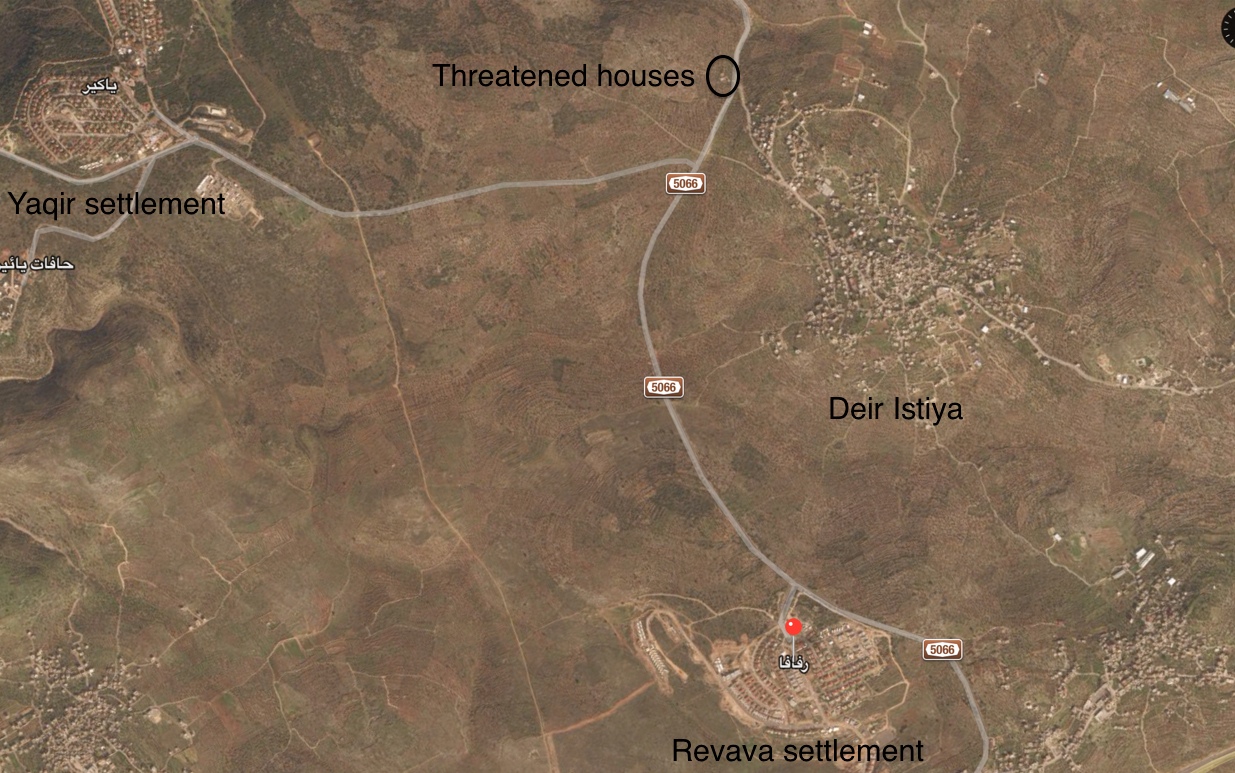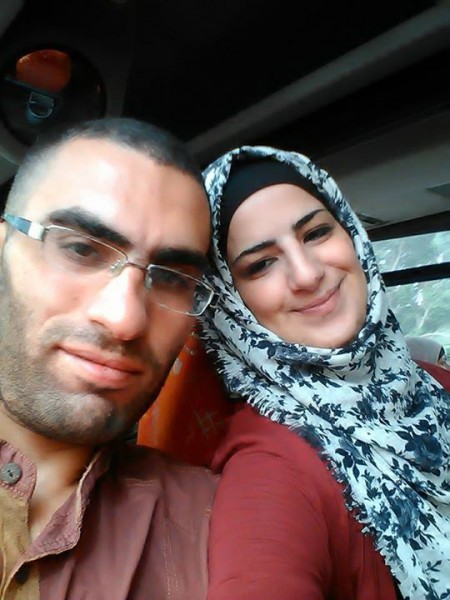-
Israeli forces invade homes and threaten families with nine children in Deir Istyia
November 30th, 2015 | International Solidarity Movement with IWPS, Huwwara team | Deir Istyia, occupied Palestine Deir Istyia, in Salfit district, is a village of 4000 inhabitants who mostly live on agriculture. The Salfit district has 19 villages and 24 settlements. Land confiscation is ongoing in the area and many of the settlements are […]
-
Hamze Marwan Abdomousa is asking for your support!
30th November 2015 | International Solidarity Movement, Ramallah Team | Ramallah, occupied Palestine UPDATED: 28.12.2015 22 year old Hamze is still in prison after obtaining a 1 year sentence. The court also ruled he must pay a fine of 4.000 shekels (or USD $1.023) before the end of December, in order to be freed by […]
-
Free Mahmoud Abujoad!
29th November 2015 | International Solidarity Movement, Nablus team | Huwwara, occupied Palestine UPDATED: 05.01.2016 Congratulations! With 420 US dollars collected we have now reached a third of the amount needed to cover the costs of the lawyer, who is representing Mahmoud in the Israeli court. However, we still have to collect 867 US dollars. […]
Action Alert An Nabi Saleh Apartheid Wall Arrests BDS Bethlehem Bil'in Cast Lead Demonstration Denial of Entry Ethnic Cleansing Farmers Gaza Global Actions Hebron House Demolition International law Israeli Army Jerusalem Live Ammunition Nablus Ni'lin Prisoner Ramallah Rubber-coated steel bullets Settlement Settlers Settler violence Tear-Gas Canister Video



